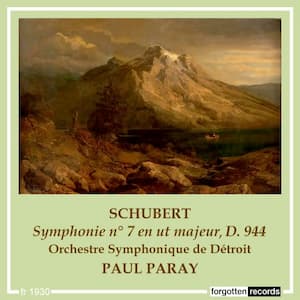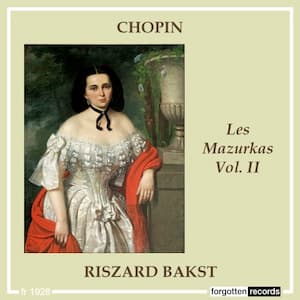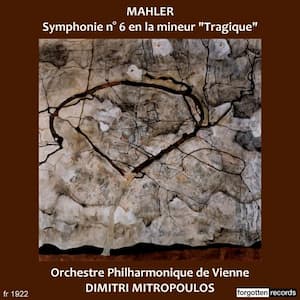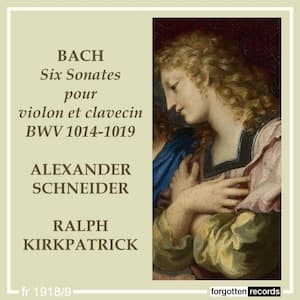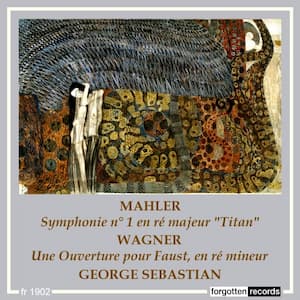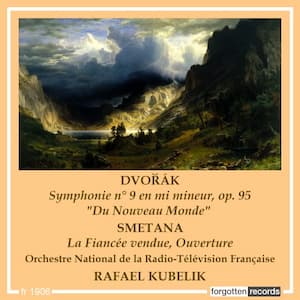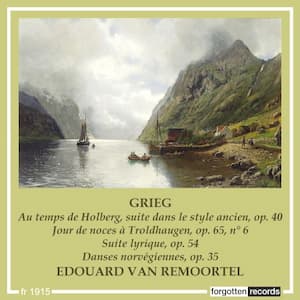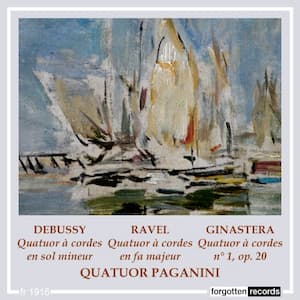Schubert’s final symphony, his ninth, was called the Great C major to distinguish it from his earlier Symphony No. 6 in C major (called the Little C major). Now, the word Great refers to the work’s majesty. It is the
Archives
The Mazurka in the hands of Chopin changed from being a Polish country dance to being found in the drawing rooms and parlours of the most distinguished homes in the Romantic period. Its origin is in the mazur, a folk
Mahler’s Sixth Symphony, nicknamed, though not by him, Tragic, was actually written at a happy time for Mahler. He completed it in 1903 after having married the 21-year-old Alma Schindler in 1902, and while he was composing the work, his
Bach seems so firmly tied to the keyboard that we forget that he was also a master of violin. His initial employment in Weimar was a violinist, eventually rising to the position of concertmaster. His composer sons spoke about their
We associate Richard Wagner with the four great operas of his Ring Cycle, but we should also look at his earlier works to see where his musical sources were. One interesting work is the Faust Overture he wrote while in
The Czech composer Bedřich Smetana (1824-1884) wrote his comic opera The Bartered Bride between 1863 to 1866 about the hard path true love takes to thwart ambitious parents and a marriage broker. Mařenka is to be married to the son
Returning to Norway after a musical education at the Leipzig Conservatory starting at age 15, Edvard Grieg (1843-1907) took the piano education he had under Ignaz Moscheles and turned it into a successful career. He disliked the discipline of his
Claude Debussy (1862-1918), better known for his piano and orchestral works, was also a master of the string quartet. He wrote his first one in 1893 and planned a second one to go into a series of six chamber works.

